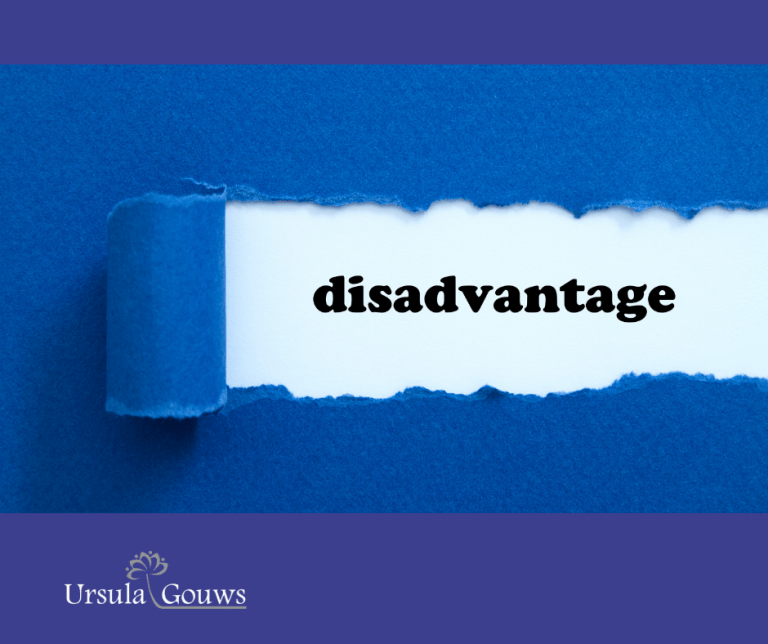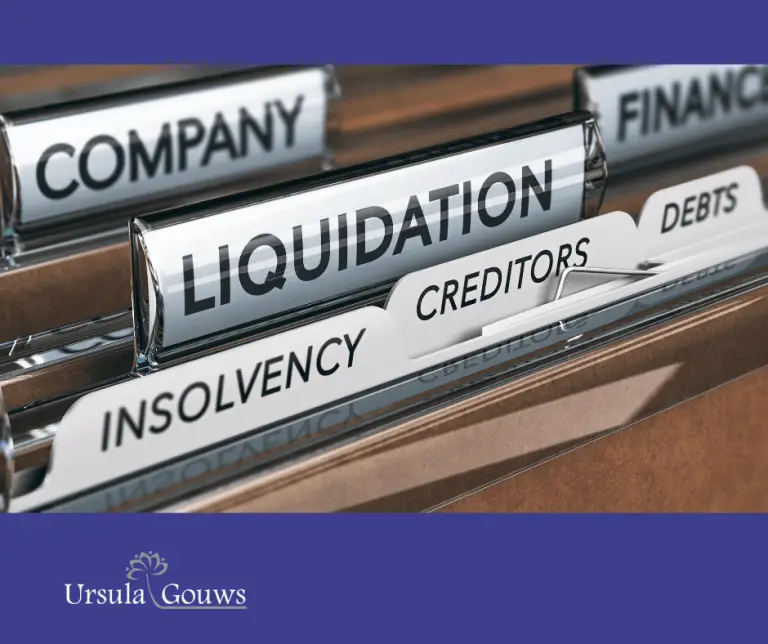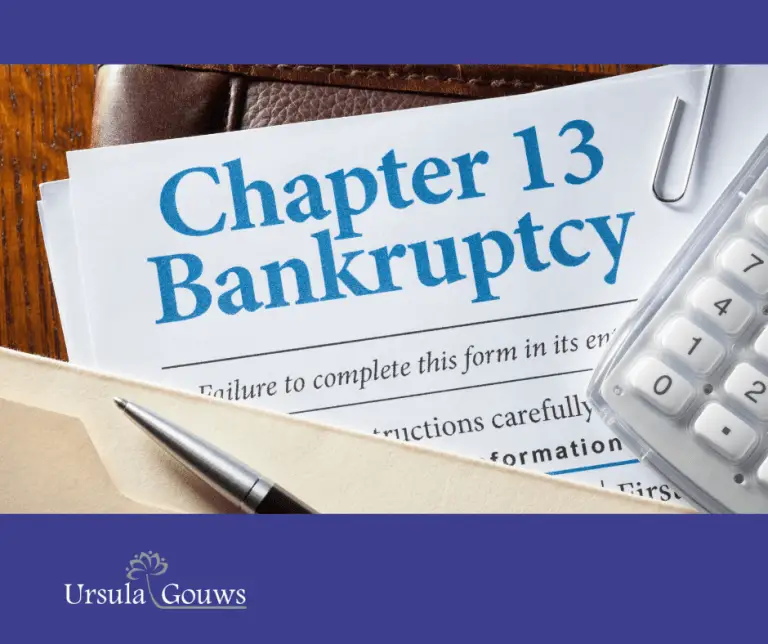Marriage is a beautiful union, but it also comes with legal and financial implications that couples must understand.
One common form of marriage in South Africa is “married in community of property.”
This legal arrangement automatically applies to couples who marry without entering an antenuptial contract.
But what does it really mean, especially if you are experiencing financial difficulties or considering sequestration?
In this blog post, let us explore how “married in community of property” affects you and your spouse.
What Does “Married in Community of Property” Mean?
When you are married in community of property, it essentially means that you and your spouse share everything—both the good and the bad.
Here is how it works:
Joint Ownership of Assets:
Everything you and your spouse own—assets acquired before and during the marriage—becomes part of a joint estate.
This includes cash, property, investments, and any other valuables.
Shared Liabilities:
Likewise, both parties share any debts or financial obligations one spouse incurs equally.
This means you are jointly responsible for your spouse’s debts, regardless of who actually took on the obligation.
The Upsides of “Married in Community of Property”
On the surface, this arrangement may sound fair and equitable.
It fosters a sense of unity and shared responsibility within the marriage, making all financial decisions collective.
The Risks and Challenges
Couples who are married in community of property may face considerable challenges if they are experiencing financial troubles.
Here are a few critical risks to consider:
1. Shared Debts:
If one spouse takes on significant debt—whether it is from loans, credit cards, or other financial obligations—creditors can claim repayment from the joint estate.
Your assets are at risk even if you did not incur the debt.
2. Sequestration Concerns:
If financial difficulties escalate to the point of insolvency or bankruptcy (sequestration), the entire joint estate is affected.
This can result in the loss of assets you both share, placing the financially responsible spouse in a precarious position.
3. Impact on Financial Independence:
Under this matrimonial regime, independent financial decision-making is limited.
Significant purchases or sales often require approval from both spouses—protecting joint interests but also potentially slowing down urgent transactions.
What Should You Do If You Are Facing Financial Difficulties?
If you are married in community of property and are experiencing financial strain or considering sequestration, it is essential to take proactive steps:
1. Understand Your Legal and Financial Position
Knowledge is power.
Take stock of all joint assets and liabilities, and determine how your financial situation impacts both you and your spouse.
Seek clarity on how creditor claims, sequestration, or liquidation may affect your shared estate.
2. Seek Professional Guidance
Consulting with a legal or financial expert is crucial.
A Debt Strategist can help you understand the options available, such as sequestration or alternative solutions to manage debt.
3. Reassess Financial Strategies Together
Work collaboratively with your spouse to reassess spending, budgeting, and debt repayment strategies.
Communication is vital in navigating financial hardships as a team.
Protecting Your Future when “Married in Community of Property”
Understanding the implications of being married in community of property is not just about legalities—it is about protecting your financial well-being and that of your family.
If you are a couple experiencing financial difficulty, moving fast and engaging professionals who can help you find solutions that safeguard your interests is important.
If you are feeling overwhelmed—or if you are considering sequestration—there is help available.
Our dedicated team specializes in helping couples find pathways to financial recovery.
Conclusion
Understanding the implications of being married in community of property is essential for safeguarding your financial future.
While this legal arrangement promotes unity and shared responsibility, it also comes with risks that couples must plan for—especially during financial difficulties.
Taking proactive steps is crucial if you or your spouse are facing challenges such as debt or considering sequestration.
By understanding your legal and financial position, seeking professional guidance, and working together as a team, you can protect your assets and create a pathway toward financial recovery.
Remember, you don’t have to face these challenges alone.
Reach out to our Debt Strategist today for personalized advice tailored to your unique situation.
Taking action now could make all the difference for your financial well-being and peace of mind.
This blog was brought to you by Ursula Gouws.
This blog is for information purposes only and does not constitute legal or financial advice.
If you enjoyed this blog, check out more Debt Talk with Ursula on the Ursula Gouws Consulting Blog, or download our Freebies to help you on your journey to a new financial future.
I am a Debt Strategist. Let me help you find the ideal legal solution for your unique debt situation.
I understand that dealing with financial distress can bring about feelings of guilt and shame, and even depression.
Rest assured – working together, we will get you back on track, so your finances and dignity are fully restored.
If you need help finding the ideal legal solution for your debt, feel free to reach out with the contact form on my Website.







